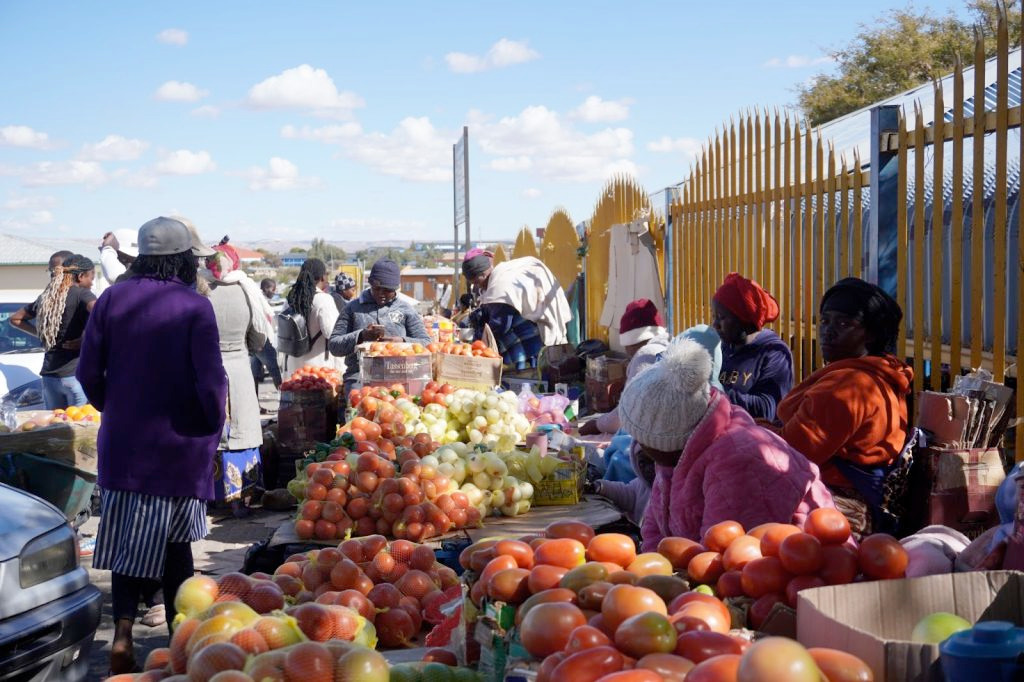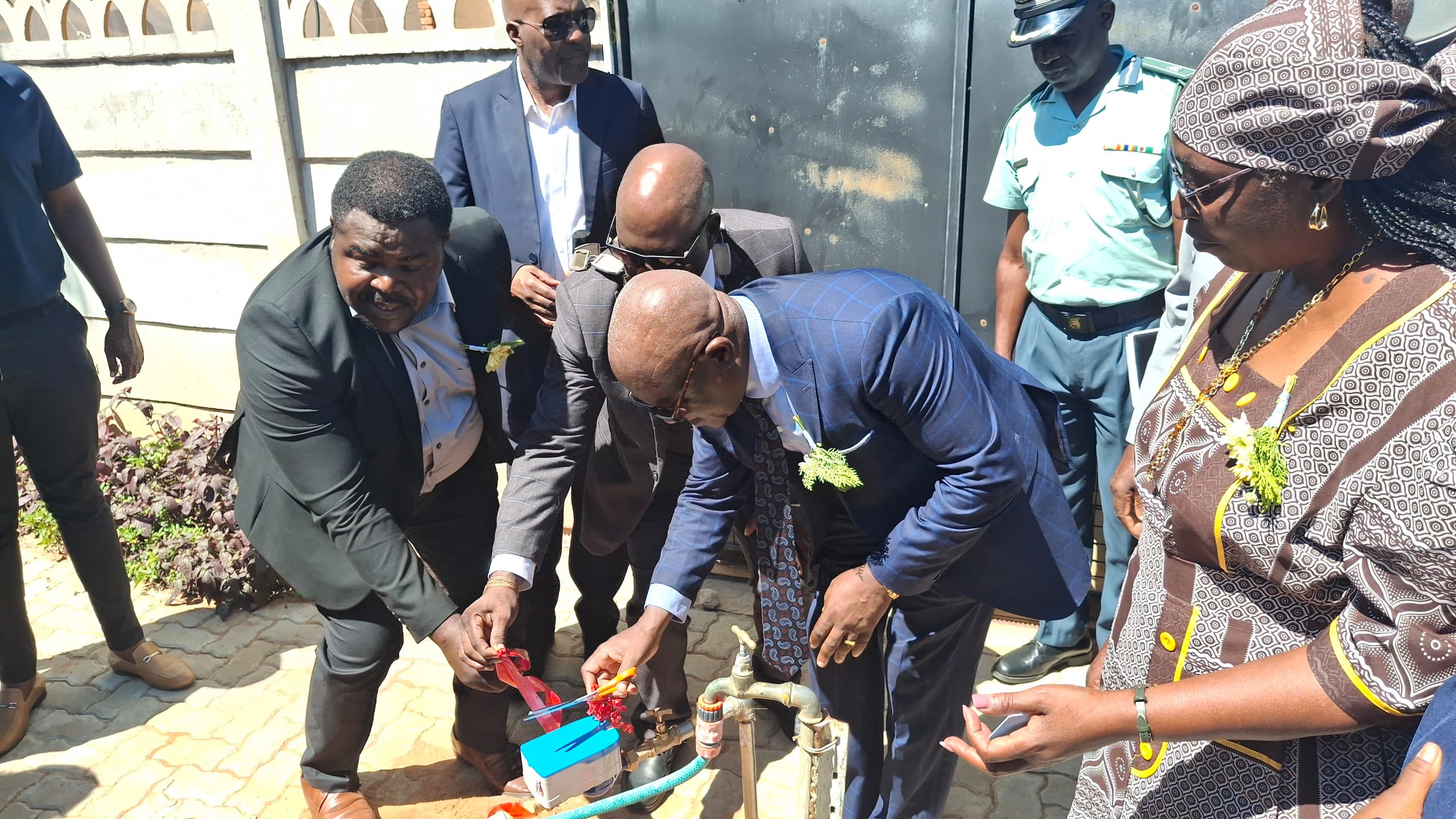The parliamentary standing committee on economics and public administration has proposed measures to improve conditions for informal workers in Namibia.
These include infrastructure development, policy and legal frameworks, and financial inclusion.
The proposal follows the committee’s call for the implementation of the International Labour Organization (ILO) Recommendation 204 (R204), which aims to facilitate the transition from the informal to the formal economy.
Adopted during the 104th session in Geneva, the ILO R204 seeks to formalise the informal economy while ensuring income security and preventing the deformalisation of formal jobs.
The committee emphasised the importance of community-based initiatives in meeting these criteria, noting that addressing challenges in the informal economy is crucial for national economic growth and sustainability.
The committee urged local authorities to tackle issues affecting the informal economy by providing essential infrastructure and facilities.
“Local authorities and regional councils must provide appropriate infrastructure and facilities, including adequate market space for vendors and basic sanitation such as water taps and ablution facilities.
“Addressing the challenges affecting the informal economy is essential and in the public interest, as it significantly impacts the growth and sustainability of the national economy,” the committee said.
Most informal traders and entrepreneurs in Namibia are self-employed individuals, with a significant proportion being young women with at least a junior secondary education.
Approximately 76% of informal businesses operate in urban areas, with nearly 85% engaged in non-agricultural sectors.
However, several challenges hinder their growth, including a lack of financial literacy and record-keeping skills, as well as high rates of unregistered businesses (88.9%) and employees (84.3%) with the Social Security Commission.
Additionally, nearly 60% of informal businesses operate from home, while only 19% have fixed business premises.
This lack of formal registration and business space further limits their access to essential fina
ncial and governmental support.
Stay informed with The Namibian – your source for credible journalism. Get in-depth reporting and opinions for
only N$85 a month. Invest in journalism, invest in democracy –
Subscribe Now!










